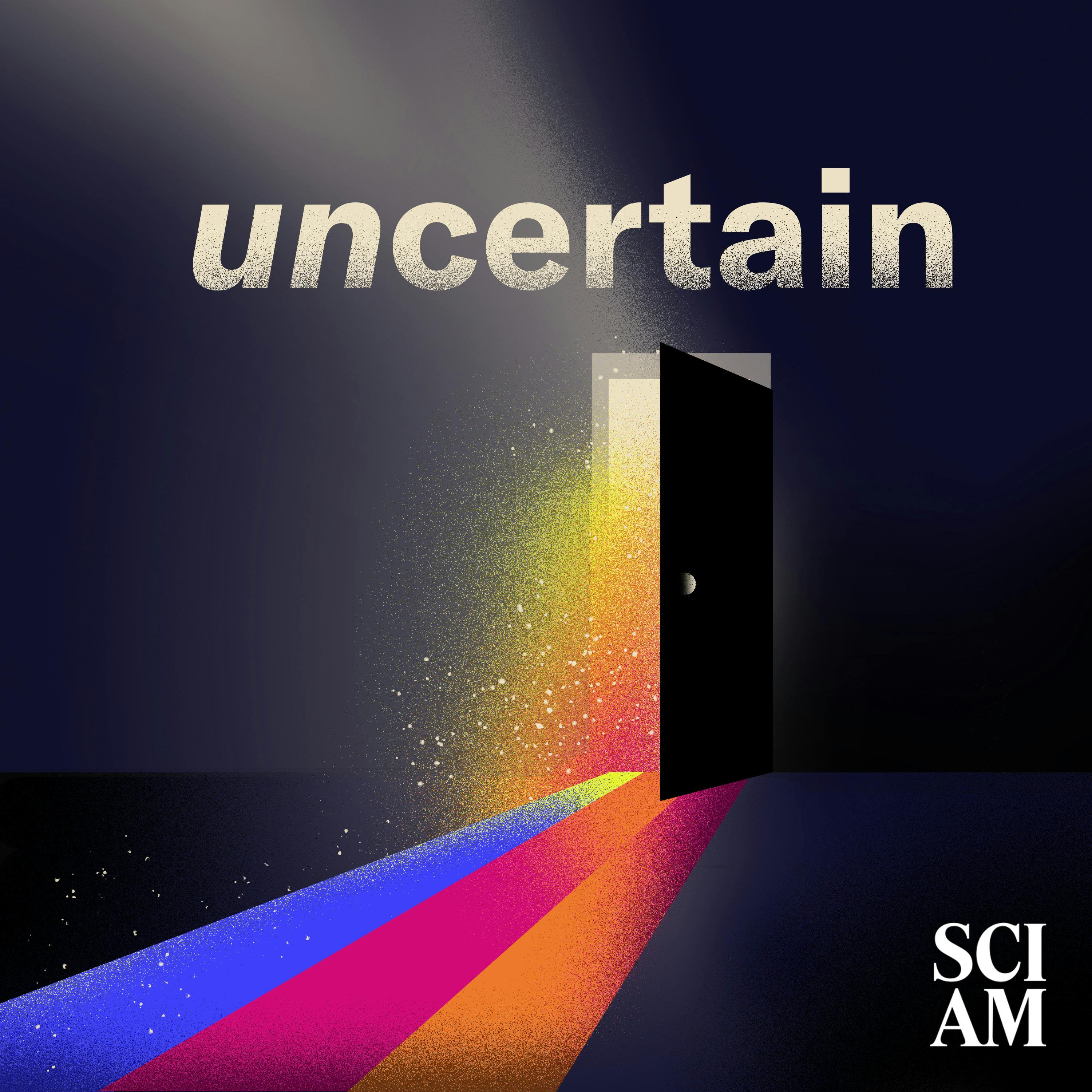

Science Talk
Scientific American
Science Talk is a podcast of longer-form audio experiments from Scientific American--from immersive sonic journeys into nature to deep dives into research with leading experts.
Episodes
Mentioned books

Aug 6, 2020 • 26min
COVID-19 Vaccine Ethics: Who Gets It First and Other Issues
Contributing editor W. Wayt Gibbs spoke with Arthur Caplan, head of the NYU Grossman School of Medicine’s division of medical ethics, about some of the ethical issues that researchers have to consider in testing and distributing vaccines against COVID-19. Learn more about your ad choices. Visit megaphone.fm/adchoices

Jul 30, 2020 • 36min
How Your Homes and Buildings Affect You
Journalist and author Emily Anthes talks about her book The Great Indoors: The Surprising Science of How Buildings Shape Our Behavior, Health, and Happiness.
Learn more about your ad choices. Visit megaphone.fm/adchoices

Jul 21, 2020 • 31min
African-Americans, Nature and Environmental Justice
Journalist Bob Hirshon reports from the Taking Nature Black conference, reporter Shahla Farzan talks about tracking copperhead snakes, and nanoscientist Ondrej Krivanek discusses microscopes with subangstrom resolution.
Learn more about your ad choices. Visit megaphone.fm/adchoices

Jun 27, 2020 • 31min
How Nature Helps Body and Soul
Journalist and author Florence Williams talks about her book The Nature Fix: Why Nature Makes Us Happier, Healthier and More Creative.
Learn more about your ad choices. Visit megaphone.fm/adchoices

Jun 25, 2020 • 38min
The Messenger Is the Message
Behavioral scientist Stephen Martin and psychologist Joseph Marks talk about their book Messengers: Who We Listen To, Who We Don’t, and Why. Learn more about your ad choices. Visit megaphone.fm/adchoices

Jun 20, 2020 • 26min
Air, Sea and Space: Ocean Health, Atmosphere Insights and Black Holes
Biological oceanography expert Miriam Goldstein talks about issues facing the oceans. Reporter Adam Levy discusses air pollution info available because of the pandemic. And astrophysicist Andrew Fabian chats about black holes. Learn more about your ad choices. Visit megaphone.fm/adchoices

Jun 18, 2020 • 1h 1min
Science on the Hill: Calculating Climate
For the fourth Science on the Hill event, Future Climate: What We Know, What We Don’t, experts talked with Scientific American senior editor Mark Fischetti about what goes into modeling our climate—and how such models are used in addition to long-term climate prediction.
Learn more about your ad choices. Visit megaphone.fm/adchoices

May 29, 2020 • 43min
Your Brain, Free Will and the Law
Stanford University neuroscientist Robert Sapolsky talks about human behavior, the penal system and the question of free will.
Learn more about your ad choices. Visit megaphone.fm/adchoices

May 19, 2020 • 44min
No, No Nobel: How to Lose the Prize
Physicist Brian Keating talks about his book Losing the Nobel Prize: A Story of Cosmology, Ambition, and the Perils of Science’s Highest Honor.
Learn more about your ad choices. Visit megaphone.fm/adchoices

May 5, 2020 • 27min
Galileo's Fight against Science Denial
Astrophysicist and author Mario Livio talks about his latest book, Galileo: And the Science Deniers, and how the legendary scientist’s battles are still relevant today. Learn more about your ad choices. Visit megaphone.fm/adchoices


